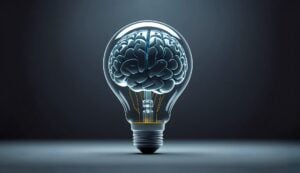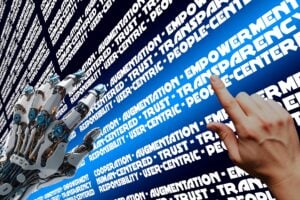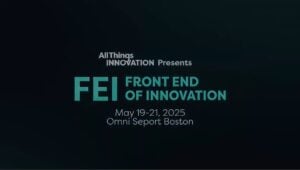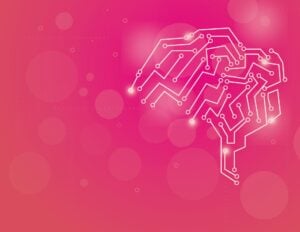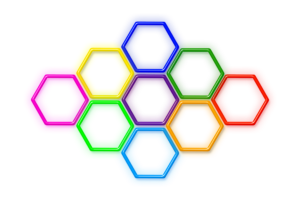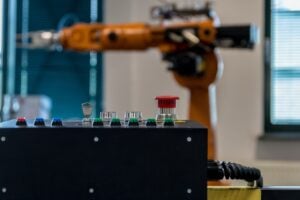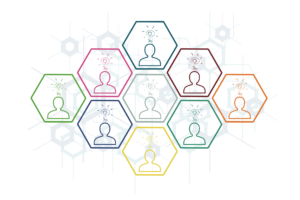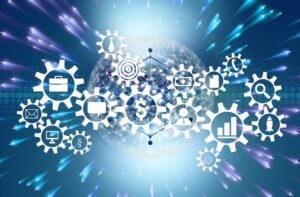Check out the details of this year’s Collective Intelligence Startup Competition.
Why Collective Intelligence?
Collective intelligence arises from the fusion of human and machine intelligence for results neither could achieve alone. FEI 2025 showcases seed-stage startups that leverage uniquely human tacit knowledge within their AI solutions. By understanding how these new AI offerings are shaped by human experience and intuition, organizations can unlock the power of collective intelligence.
Startups are judged on:
- Prominent Feature of Human Intelligence as an input
- Impact and relevance to cross-industry corporates
- Level of dependence on external ecosystem
- Disruptiveness/Degree of Difficulty
- Degree of technical feasibility
- Customer Desire-ability
- Business viability
The judges for the 2025 FEI Seed Stage Startup Competition include Keith Crossland, CEO & Co-Founder at Carbon Negative Solutions; Carley Hart, Director of Corporate Partnerships, Runway Startups at Cornell Tech; Andre Magni, Data & AI Leader at Microsoft; Arvind Balasundaram, Executive Director, Commercial Insights & Analytics at Regeneron Pharmaceuticals; Leslie Shannon, Head of Trend and Innovation Scouting at Nokia; Rachel Levy, AI Innovation Engineering Lead at Google; and June Dershewitz, Co-Founder at InvestInData.
The Role of Collective Intelligence
According to Atlan’s resource on collective intelligence, “Collective Intelligence: Concepts and Reasons to Choose It,” collective intelligence is the shared or group intelligence that emerges when people work together, often with the help of technology, to solve complex problems. It is an emergent property, meaning it arises from the synergies among individuals’ activities but is not predictable from the individual capabilities alone.
This concept brings people and technology together to solve complex problems, that no one entity could solve but perhaps a community of like-minded individuals can with support, creativity, and technology. Diversity, decentralization and aggregation of information are also further hallmarks of the collaboration and communication associated with collective intelligence.
Below are some prominent types of collective intelligence, according to Atlan:
- Human-based collective intelligence: The gathering and synthesis of knowledge, expertise, and resources from multiple human participants to create a form of intelligence greater than any individual could produce alone. Think crowdsourcing and open source innovation.
- Computer-based collective intelligence: The convergence of computational power and large-scale data analysis to produce intelligence or problem-solving capabilities that are beyond the scope of individual agents, human or machine. Think artificial intelligence and big data analytics.
- Hybrid systems: Refers to the integrative frameworks that combine both human and computer-based intelligence to achieve superior problem-solving capabilities, creativity, and decision-making. These systems leverage the complementary strengths of human intuition, emotional intelligence, and creativity with the speed, efficiency, and computational power of artificial intelligence. Think human-in-the-loop systems or AI-augmented human networks.
- Natural collective intelligence: Simple rules, complex behaviors: In nature, collective intelligence often arises from individuals following a set of simple rules. For instance, a flock of birds can display complex aerobatic maneuvers through basic behaviors like maintaining a fixed distance from your nearest neighbor.
Some key advantages highlight the collective intelligence method, namely the diversity of perspectives that come with this concept. Benefits may include broader insight, and enhanced problem-solving capacity, improved decision making, adaptive learning, increased stakeholder engagement, and scalable solutions
Atlan notes, “In essence, collective intelligence is not just about accumulating more information; it’s about integrating diverse skills, experiences, and viewpoints to create more effective, inclusive, and adaptable solutions. As challenges become more complex and interconnected, the need for collective intelligence becomes increasingly apparent.”
Creating A More Sustainable Future
Check out last year’s coverage of the first annual FEI Startup Competition. In “The Path to a Sustainable Future,” All Things Innovation caught up with Keith Crossland, CEO and Co-Founder of Carbon Negative Solutions. Crossland’s company was the grand prize winner of the FEI Net Zero Emissions Competition at the year’s innovation event, FEI 2024, held in June.
In “Innovation’s Role in the Race to Net Zero,” All Things Innovation explored the theme of net zero emissions further, and profiled all of the finalists from the previous edition of the competition. As consumers, we are all living with climate change as a growing reality—and that reality is impacting our lives on a daily basis. We have heard of terms like the Paris Agreement, there is a growing focus on the eco-friendly design of products and services, and sustainability-minded programs are on the rise, from recycling to wind turbine power to more widespread emphasis on electric vehicles, for example. There is also a focus on the mission of Net Zero, or Net Zero emissions. Just what does Net Zero mean? And how is it connected to the world of innovation?
The Power of Many
As we’ve briefly explored the breadth and depth of collective intelligence, it’s clear that this “paradigm holds tremendous potential for transforming how we approach problem-solving, decision-making, and innovation,” writes Atlan.
Atlan observes, “In a world that is increasingly complex and interconnected, the need for collective intelligence is more pressing than ever. As we face monumental challenges like climate change, political polarization, and global health crises, the capability to harness the wisdom and skills of diverse groups—both human and machine—becomes not just beneficial but essential.”
From its use in business and management, science and research, social systems and governance, healthcare, technology and data science, the rise of collective thinking is growing exponentially as AI continues to advance at a rapid pace. Collective intelligence’s power of collaboration is shaping today’s society in myriad ways. Join FEI25 to explore this year’s Collective Intelligence Startup Competition.
Contributor
-

Matthew Kramer is the Digital Editor for All Things Insights & All Things Innovation. He has over 20 years of experience working in publishing and media companies, on a variety of business-to-business publications, websites and trade shows.
View all posts




